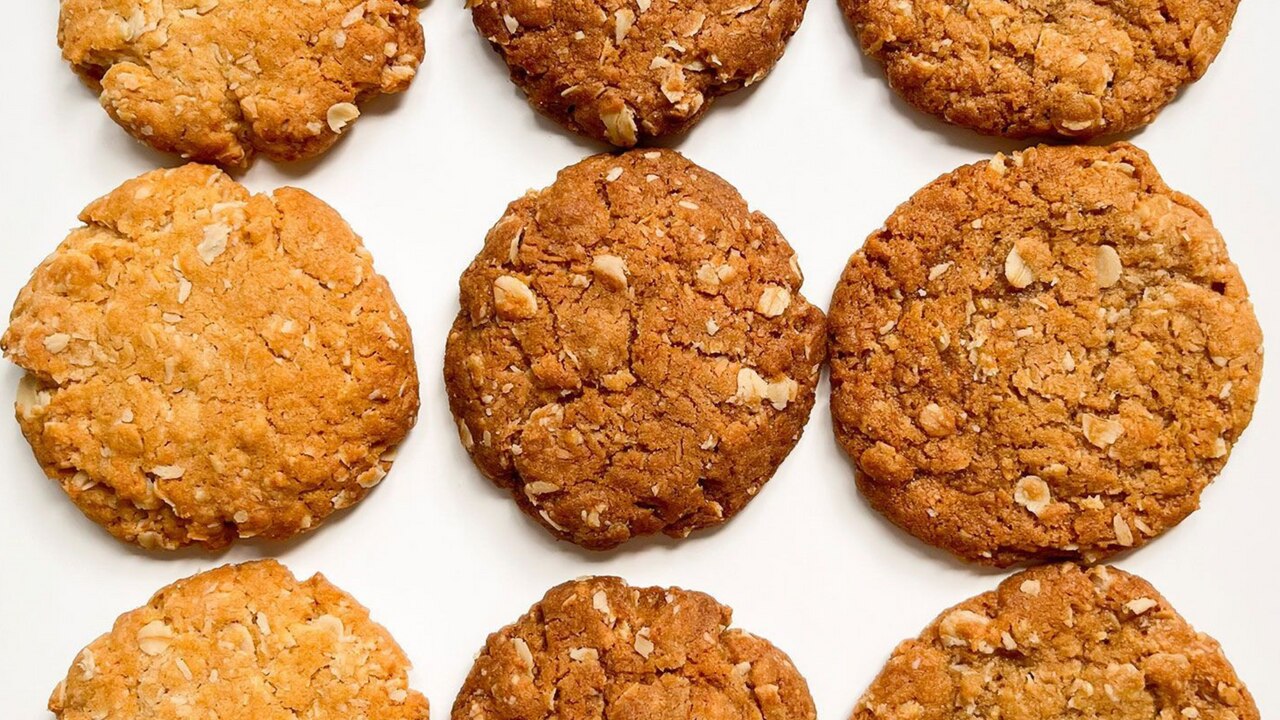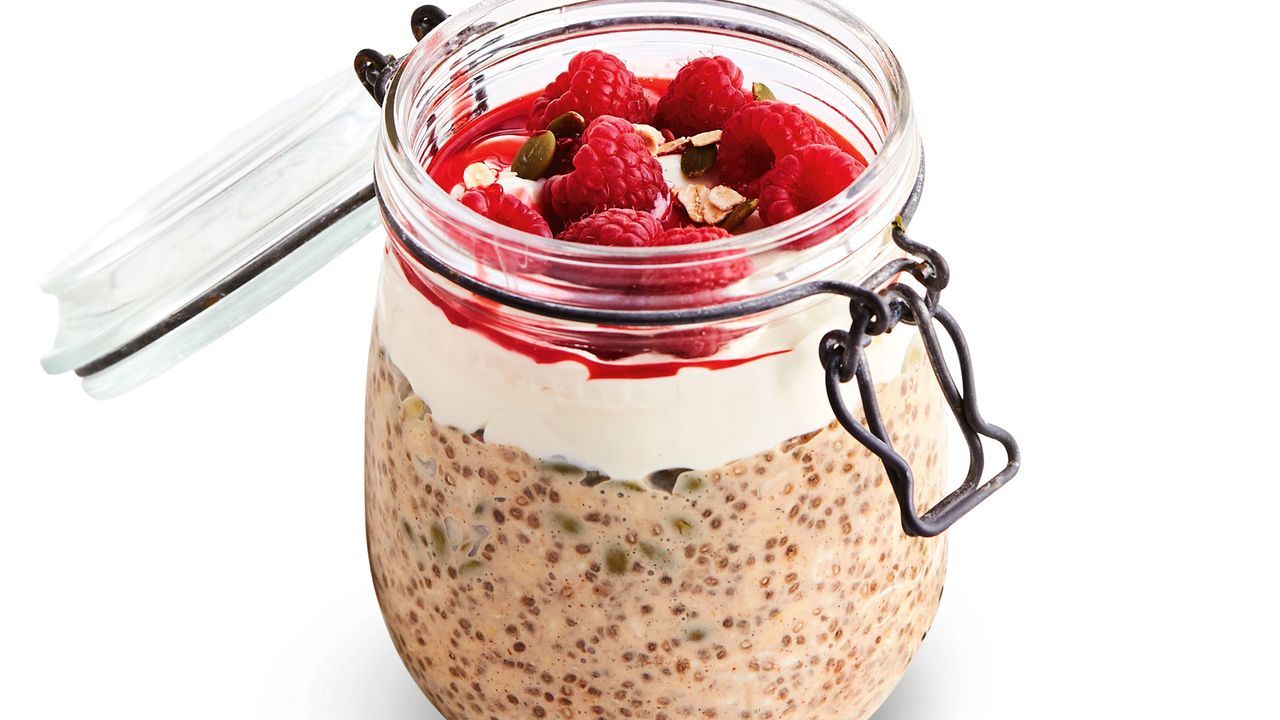Foodies are opening restaurants in car parks - here’s why
A truckload of new eateries are opening up in car parks, car washes and smash repairers.

Food
Don't miss out on the headlines from Food. Followed categories will be added to My News.
Build it, almost anywhere, and they will come. If it’s good. That seems to be the mantra of a growing number of restaurants locally who are opening up shop fronts in unusual places. Garages, petrol stations, car parks, and hole-in-the-wall nooks nestled up to smash repairs; there’s nowhere out of bounds for these great chefs and creative entrepreneurs looking for new, and business viable, ways to feed us amazing food.
In Sydney’s Zetland, a restaurant focusing on made-to-order cheung fun, those slippery steamed Cantonese rice noodle rolls filled with an assortment of things – minced prawn, egg, beef or pork – and doused in soy sauce and a vibrant house-made chilli sauce – opened last year in a corner spot also occupied by a car wash. Taste of Canton is attracting weekend queues, never mind the bustle of cars being scrubbed and vacuumed.
Meanwhile in Alexandria, Gold Car Wash will make your wheels sparkle while you sit down to one of the best burgers in town. A Dragon Smoke wagyu burger comes with cheese, jalapenos, sriracha and mustard, and it’s worth the traipse and the full wax and polish just to have a burger.
As rents rise, many small-time and savvy chefs are unwilling to let go of their big restaurant dreams and so try another route to success. In Sydney’s Rockdale, a takeaway window out the front of a smash-repairs workshop is home to Kosta’s Takeaway, a “no joke” sandwich deli co-owned by Benjamin Terkalas. Deterred by the cost of more popular, high street locations, Terkalas has turned would-be-awkward positions into a business strategy for his growing empire of Kosta’s restaurants.
Related story: Say goodbye to tinned fish and hello to the hottest food trends of 2024
“Honestly, the risk of spending millions [on set up] in Australia is too high,” he tells delicious. But the appeal of a smash repair or a back alley is more complex than rent hikes, too.
“There’s history in those areas and that’s something that we are attracted to as a business. They’re already established. The panel beaters and mechanics where we have [two restaurants] already have a cult following. They’ve been around 20 or 30 years. There’s a loyal and committed audience of people and that’s attractive. You can’t eat the walls,” says Terkalas.
Unusual is the new commonplace, when it comes to these enterprising restaurants. Last year a Japanese-inspired scoop shop called Kori Ice-Cream, from ex-Tonka pastry chef Joanne Yeoh with former Luxbite owner and pastry chef Bernard Chu, opened its second shopfront. It’s a compact, 28-square-metre place next to a CBD car park on Melbourne’s Bourke Street.
Known for its Japanese-inspired flavours, Kori Ice-Cream does only 10 scoops. Think: Hokkaido cheesecake, a customer favourite, and the likes of vegan yuzu, vegan matcha pistachio, sweet corn, miso and a Fuji apple sorbet. Ordinary it is not, and the location adds to the charm. Far from trying to disguise the location or divert our attention, the CBD Kori outpost shines a spotlight on its location quirk via LED signage – is this a car park after all? – as well as concrete-grey finishes and exposed piping.
In south-west Sydney, a small Vietnamese diner serves beef pho between a car wash and a petrol station. “It’s not an everyday location that people would look at and think ‘yep that’s a good spot to open a restaurant’,” says Peter Nguyen, owner of 2 Foodies in Mount Pritchard, which serves a pho so rich it’s been compared to a ramen and has an almost constant stream of loyal customers.
“As a location it’s out of sight and out of mind,” Nguyen says, and yet 2 Foodies only gets busier and more popular. The number of viable spaces for new restaurants to open has shrunk, says Nguyen, while rents have skyrocketed. He attributes his location choice to rising location costs in the inner city and surrounding suburbs, and says rents in Cabramatta, a Sydney hub of Vietnamese restaurants, are between $3000 and $4000 a week, double what they were in 2020.
The current location “subsidises the disadvantages”, says Nguyen. “It’s cheaper being away from the focus, there’s less pressure on the owner and chef, and it gives us more freedom to focus on quality. We don’t have to cut costs with the food,” he says. They don’t get passers by, and most of the business is word of mouth.
Food trucks, or lust for travel, and our multiculturalism and migration have each helped dismantle the misnomer that good food only comes served on white tablecloths. Australians are familiar with the truth that culinary treasures can be found off the more-obvious track, and are willing to go far for it.
Entrepreneurs are latching on to the phenomenon that anything is possible with grit, and that you have to start somewhere. Bypassing rents that make even established restaurateurs’ eyes water, these off-grid eateries often nod to street-vendor-style dining, but (usually) with a roof overhead. We can thank their business nouse for the diversity on our main streets, for every neighbourhood not looking like a cookie-cutter version of the one before it.
Terkalas for one was well aware of Australia’s history, and present, when he opened Kosta’s. “The bones of our business is built on the Greeks who came to Australia and opened up restaurants. That background where you have to make it work. Our business model is similar to the Chinese and Vietnamese and Italians who migrated and just had to make a restaurant work,” he says.
The original concept for Kosta’s was a fitted-out restaurant in the CBD, and the plans for something more upmarket was in place until Covid 19 hit. Terkalas recalls that those suburban restaurants serving their loyal locals were not hit as hard as city-based restaurants, so he made a radical last-minute shift to survive.
“We had nothing to lose,” says Terkalas. “There is heart, sweat, tears and culture in our restaurants. I don’t want a mid-tier restaurant, it’s a flog. We are about good hospitality, even if it’s served through a window.”
There’s no denying our hunger for the food. In Auburn, Kofte by Levent does Istanbul-style street food in a petrol station car park. There’s a ”wet burger”, or Islak hamburger with a perfect square slice of cheese, in which the buttery tomato sauce soaks into the bread roll. There’s grilled fish slipped into a Turkish bread roll the size of a toddler’s arm with a pile of sliced raw onion and lettuce; it’s rough and fresh and straight from the streets of Istanbul.
Rather than giving us more of what we already have, these off-grid locations create new opportunities food wise. There’s a breaking down of expectation. At 2 Foodies a hugely popular French baguette filled with barbecued pork that Nguyen makes on site is “leading the chat”, he says.
“Here there is nothing cliched,” says Nguyen. “My pho is known for being different. We are looking for something unique, to go with the location.”
Related story: The 7 best cities for eating and drinking in 2024
For more food, travel and lifestyle news, go to delicious.com.au
Originally published as Foodies are opening restaurants in car parks - here’s why


